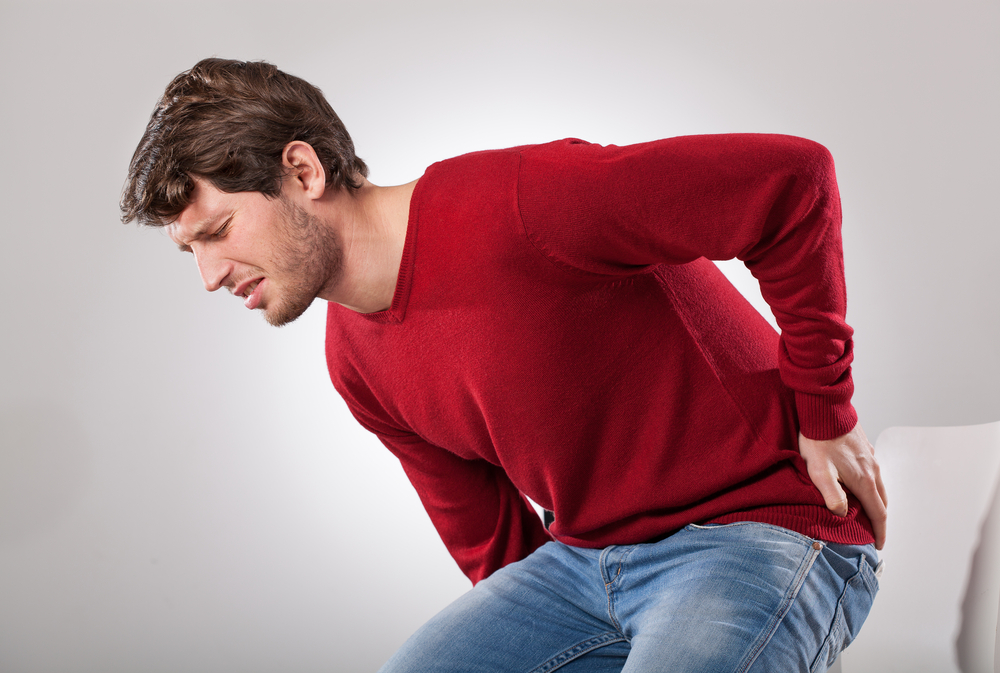DIAGNOSIS
After reviewing your signs and symptoms, the doctor may perform a physical exam. A number of diagnostic tests may also help in determining the cause, including:
- Blood Tests – This will help rule out other conditions that resembles the symptoms of nonulcer stomach pain.
- H. pylori Testing – This tests determines the presence of a bacterium called Helicobacter pylori which can cause stomach problems.
- Endoscopy – This method uses an endoscope (a thin, flexible lighted instrument) to view the esophagus, stomach and the first part of the small intestine.
TREATMENT
Non-ulcer stomach pain usually treated with lifestyle changes. However, serious cases may need medications or therapy.
- Medications – Low-dose antidepressants may help inhibit the activity of neurons that control intestinal pain while Antibiotics may help in treating the stomach problems caused by H. pylori bacterium. There are also drugs that may help relieve the symptoms by:
- Reducing gas
- Reducing Acid Production
- Strengthening the Esophageal Sphincter
- Blocking Acid Pumps
- Behavior Therapy – Behavior therapy provides techniques to reduce stress that may also trigger nonulcer stomach pain.
- Alternative Medicine –Herbal medicines or home remedies like Honey have been known to help. Chamomile or mint tea are believed to reduce stomach pain. Asafetida mixed with some water, though unpleasant tasting is known to stop stomach aches and pains. Relaxation techniques such as yoga and meditation may help you cope up with the pain.
PREVENTION
Changing diet and eating habits may improve the condition of your stomach. Try to eat smaller but frequent meals. Avoid skipping meals for an empty stomach may produce nonulcer stomach pain. Avoid or limit foods like fatty and spicy, carbonated beverages, caffeine, and alcohol which are good triggers of stomach problems. Eat slowly and chew your food thoroughly to avoid indigestion.


